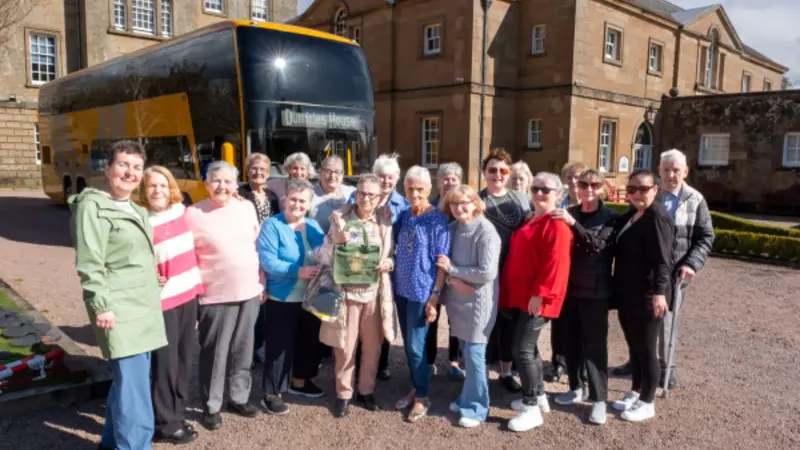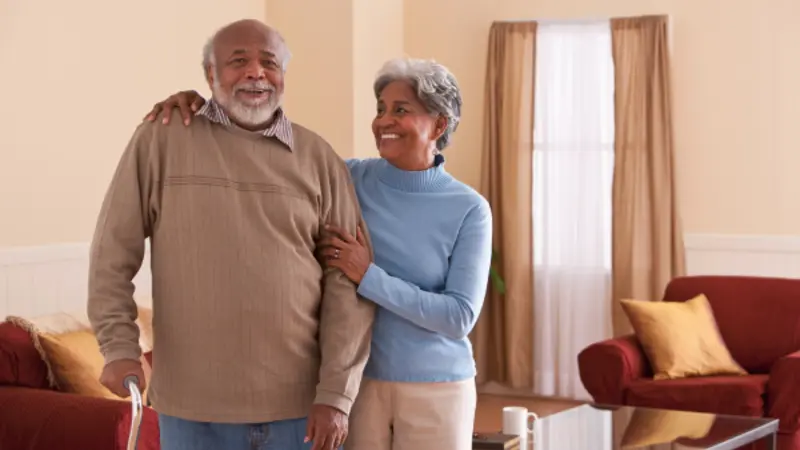Celebrating women in the Armed Forces
To mark International Women’s Day, we are celebrating the contribution of women to our armed forces.
Women have been a formal part of the Armed Forces for more than 100 years.
Older ex-service women may have served in the Women's Royal Naval Service, the Women's Royal Army Corps, or the Women’s Royal Air Force.
While these were absorbed into their respective branches of the Armed Forces in the 1990s, their service associations continue to support veterans.
Other women were in services such as the Queen Alexandra's Royal Army Nursing Corps, which exists today with both male and female nurses.
Women were conscripted during World War 2. Many contributed to the wider war effort rather than serve in the Armed Forces and are not viewed as veterans by the Westminster and Scottish Governments.
However, women who were in the Women’s Land Army and Women’s Timber Corps up to 1950 can apply to the Department for Environment, Food and Rural Affairs for a badge in recognition of their service.
Most veterans in Scotland are white and male, but diversity in the veterans’ population is increasing as gradually the Armed Forces have been getting smaller and new opportunities have opened within them for women.
As of 2019 women can apply for every Armed Forces role available to men.
Overall, the veterans community is more gender balanced, as it includes veterans’ spouses and partners, widows, and widowers.
Many Armed Forces charities and services will support family members as well as veterans.
We asked women veterans about their experiences. They agreed that things were different for service women in the past.
“I served in unit who worked with the Royal Navy and when I was onboard ship I was not permitted below decks,” says Emma.
Evonne told us: “For many years woman had to leave the Forces or go on extended leave if they became pregnant. Promotion was a lot less for women in my time.”
However, all feel veterans groups and services today are welcoming for women.
Grace says: “When it comes to Forces banter women are treated the same as men, but I’ve also found that male veterans are respectful of me.”
Evonne says: “I am essentially ‘One of the boys’! I take this as a good thing and for men in their 40’s upwards this is a clarification of being accepted.
Emma does however worry that “Some older women may not identify as veterans as in the main they will not have done active service so may feel that they are not eligible for support [from veterans’ groups and services] when they are.”


